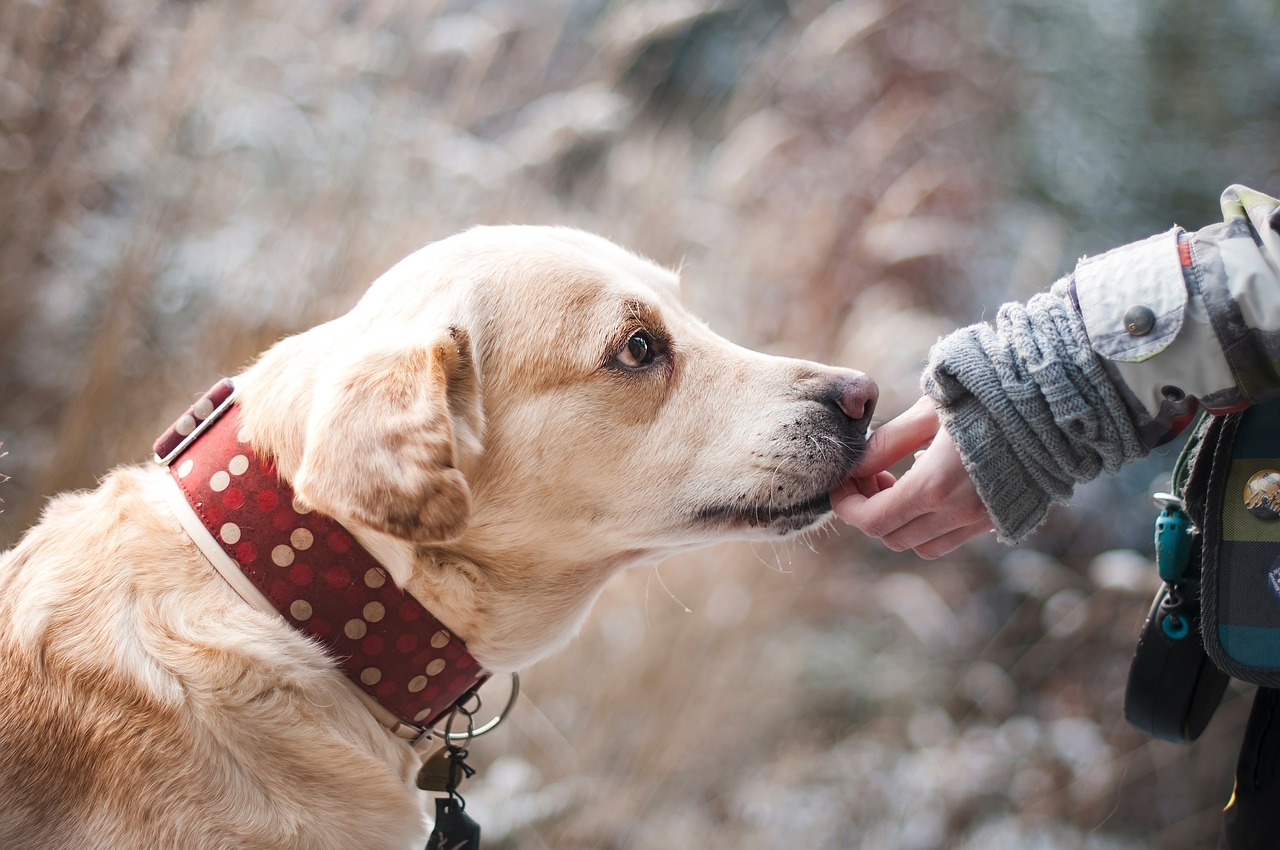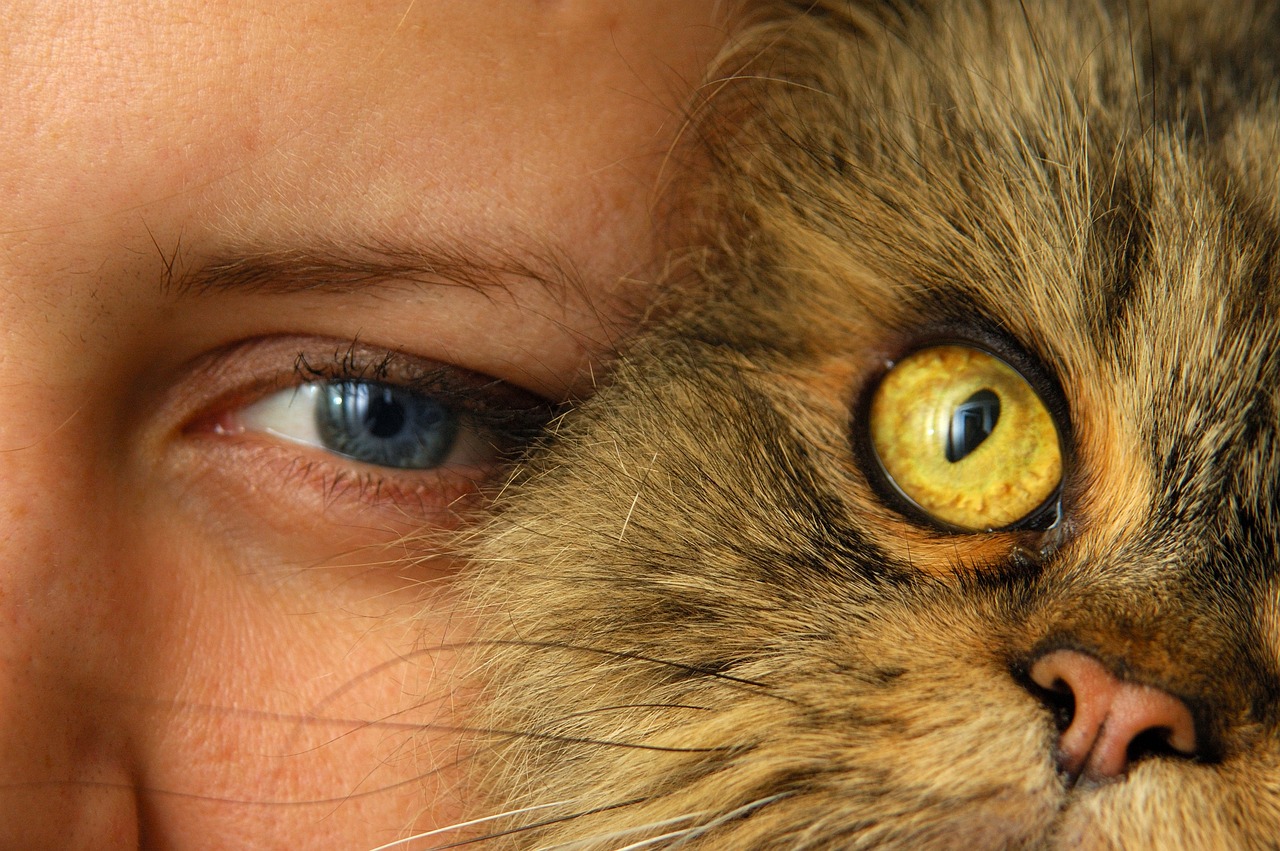Pets hold a special place in our hearts. They are more than just animals; they become cherished members of our families, providing us with unconditional love, companionship, and countless joyful moments. However, with the joy of pet ownership comes a heartbreaking inevitability – the day when we must say goodbye to our furry, feathered, or scaly friends. The loss of a beloved pet can be an emotionally devastating experience, and navigating the grief that follows can be a challenging journey.
In this blog, we will explore the profound impact of pet loss, the stages of grief, and strategies to cope with the pain of saying goodbye.
You may also want to read about the best dog treats.
The Profound Bond Between Humans and Pets
The bond between humans and their pets is a unique and deeply emotional connection. Unlike many other relationships, the love we share with our pets is unconditional and devoid of judgment. Our pets are always there for us, offering comfort during difficult times and celebrating with us during the happy moments. This bond is often described as pure, unwavering, and transcending the boundaries of language.

Unconditional Love
Pets love us without conditions. They don’t care about our flaws, our mistakes, or our appearance. They accept us for who we are and provide unwavering support and affection.
Companionship
Pets are our constant companions. They share our homes, our routines, and our daily lives. They offer a sense of purpose and provide comfort in times of loneliness.
Stress Relief
Studies have shown that spending time with pets can reduce stress and anxiety levels. Their presence can have a calming effect and even lower blood pressure.
Emotional Support
Pets are often our confidants, listeners, and sources of emotional support. They offer a non-judgmental ear and a comforting presence during our toughest moments.
The Grief of Pet Loss
When we lose a pet, we experience a profound sense of grief and loss. This grief is entirely natural and should not be underestimated. It is essential to recognize that the depth of sorrow experienced when losing a pet is valid and that mourning is an essential part of healing.
The Stages of Grief
Grief is a complex and individual process, and it can manifest differently for each person. However, many individuals experience the following stages of grief when they lose a pet:

Denial and Shock
The initial stage of grief often involves disbelief and shock. It can be challenging to accept the reality of the loss, leading to feelings of numbness and confusion.
Anger
Anger may arise as a response to the unfairness of losing a beloved pet. People often question why their pet had to suffer or why they couldn’t have more time together.
Bargaining
In the bargaining stage, individuals may replay past events or decisions, wondering if there was anything they could have done differently to prevent the loss.
Depression
Depression is a common stage of grief, marked by overwhelming sadness, tears, and feelings of hopelessness. It can be a challenging phase, but it is a natural part of the healing process.
Acceptance
In time, many people reach a stage of acceptance, where they begin to make peace with the loss and the changes it brings to their lives. This is not the same as forgetting or moving on, but rather learning to live with the loss.
Grief Triggers
Grief is not linear and can be triggered by various factors, such as anniversaries of the pet’s passing, encountering reminders of the pet, or significant life events. These triggers can bring back intense feelings of grief, even years after the loss.
Coping Strategies for Pet Grief
Coping with the loss of a pet is a deeply personal journey. However, there are several strategies and support systems that can help individuals navigate the emotional challenges of saying goodbye.
Allow Yourself to Grieve
It’s essential to give yourself permission to grieve. Understand that your feelings of sadness, anger, and confusion are normal and healthy reactions to loss. Don’t rush the process or try to suppress your emotions.
Seek Support
Talking to friends, family members, or support groups who have experienced pet loss can provide immense comfort. Sharing your grief with those who understand can help you feel less alone.
Create a Memorial
Honoring your pet’s memory can be a therapeutic way to cope with grief. Consider creating a memorial, such as a scrapbook, a photo album, or a dedicated space in your home to celebrate your pet’s life.
Establish a Routine
Maintaining a daily routine can provide a sense of stability and normalcy during the grieving process. Continue to care for any other pets you may have, as their presence can offer comfort and companionship.
Professional Help
If grief becomes overwhelming or significantly impacts your daily life, seeking the help of a therapist or counselor who specializes in pet loss can be beneficial. They can provide guidance and support to navigate your grief.
Memorialize Your Pet
Consider ways to memorialize your pet in a meaningful manner. This could include planting a tree, donating to an animal charity in their name, or creating a piece of art that represents their spirit.
Take Care of Yourself
During times of grief, it’s essential to prioritize self-care. Get plenty of rest, eat well, and engage in activities that bring you joy and comfort. Exercise, meditation, and mindfulness can also help manage stress and sadness.
Conclusion
The loss of a pet is a deeply emotional experience that can leave a lasting impact on our lives. The bond we share with our pets is special, and the grief we feel when saying goodbye is entirely natural. It’s important to recognize and honor these feelings, allowing ourselves to grieve in our own way and at our own pace.
Remember that you are not alone in your grief. Seek support from friends, family, or support groups, and consider professional help if needed. Your pet’s memory will always hold a special place in your heart, and while the pain of loss may never completely fade, with time and support, you can find a way to navigate your grief and cherish the beautiful moments you shared with your beloved companion. Saying goodbye is never easy, but it is a testament to the love and joy your pet brought into your life.
